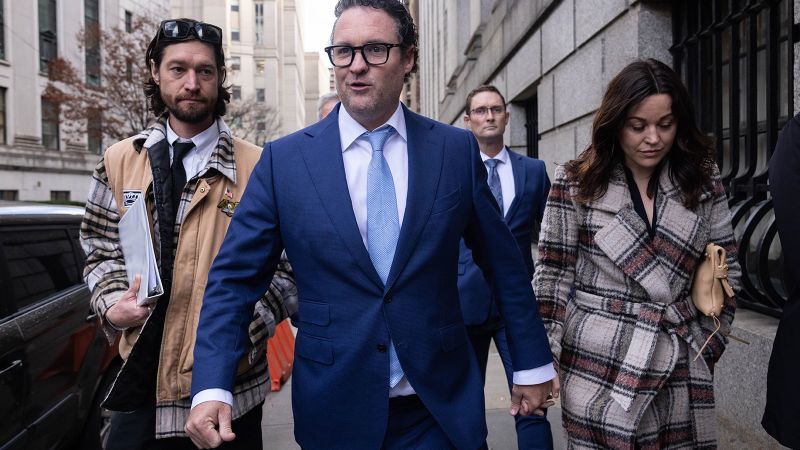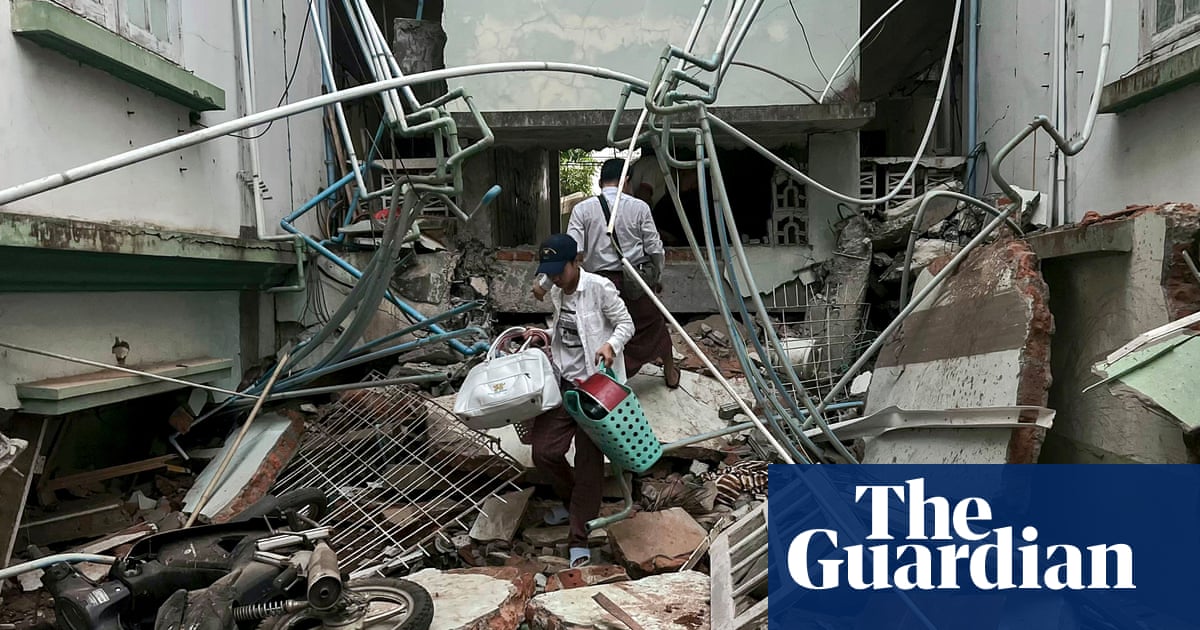According to officials, a preliminary report suggests that U.S. forces might have mistaken an enemy drone for an American one, allowing it to enter a desert base in Jordan undetected. The drone attack resulted in the deaths of three U.S. troops and left dozens more wounded. This revelation emerged as President Joe Biden faced the challenge of addressing the situation with Iran while striving to avoid further escalation of the Gaza conflict. The assumption is that the enemy drone was not intercepted as it was flying in at a low altitude, coinciding with the return of a U.S. drone to the small installation known as Tower 22. As a result, there was no attempt to shoot down the enemy drone that hit the outpost. The attack primarily affected one of the sleeping trailers, while the surrounding trailers sustained limited damage from the blast and debris. Tower 22 does not have significant air defense systems but is equipped with counter-drone systems, such as Coyote drone interceptors. Alongside the three soldiers who lost their lives, more than 40 troops were wounded in the attack, with most experiencing cuts, bruises, brain injuries, and similar wounds. Eight of them were medically evacuated, three of whom were sent to Landstuhl Regional Medical Center in Germany. The remaining five, who suffered “minor traumatic brain injuries,” were expected to return to duty shortly.
When asked whether the failure to intercept the enemy drone was a result of “human error,” Pentagon spokeswoman Sabrina Singh stated that the U.S. Central Command was still evaluating the situation. The Pentagon identified the three soldiers killed in the attack as Sgt. William Jerome Rivers, 46, of Carrollton, Ga.; Spc. Kennedy Ladon Sanders, 24, of Waycross, Ga., and Spc. Breonna Alexsondria Moffett, 23, of Savannah, Ga., all of whom were part of the 718th Engineer Company, 926th Engineer Battalion, 926th Engineer Brigade in Fort Moore, Georgia. The explanation for how the enemy drone managed to evade U.S. air defenses comes as the White House emphasized that it is not seeking war with Iran, despite attributing the attack to Tehran-based proxies. Biden held a meeting with national security advisers to deliberate on the latest developments and potential retaliation. The administration’s stance is that Iran masterminded the strike.
In response, National Security Council spokesman John Kirby acknowledged the complexity of the situation, asserting that the president is carefully considering his options before taking any action. The attack, which the Biden administration attributes to Iranian-based proxies, adds another layer of complication to an already tense Middle Eastern scenario as the administration endeavors to prevent the Israel-Hamas conflict from escalating further. “The president and I will not tolerate attacks on U.S. forces, and we will take all necessary actions to defend the U.S. and our troops,” stated Defense Secretary Lloyd Austin during a meeting at the Pentagon with NATO Secretary General Jens Stoltenberg. The drone attack was one of several on U.S. troops in the Middle East since the start of the Israel-Hamas war. However, it is the first incident in which American service members have lost their lives. Despite promising to hold those responsible accountable, Biden clarified that the U.S. is not seeking to engage in another conflict in the Middle East. Kirby also emphasized that the U.S. has grown impatient after enduring over two months of attacks by Iranian proxies on U.S. troops in various locations and on U.S. Navy and commercial vessels in the Red Sea. The proxy groups, including Yemen’s Houthi rebels and Iraq-based Kataeb Hezbollah, claim that the attacks are retaliation for Israel’s ongoing military operations in Gaza.
“We are not looking for a war with Iran,” Kirby affirmed. “That said, this was a very serious attack. It had lethal consequences. We will respond, and we respond appropriately.” Iran refuted being responsible for the Jordan strike, with foreign ministry spokesman Nasser Kanaani stating that such claims are politically motivated. Iran consistently denies involvement in attacks linked back to it through the militias it supports across the broader Middle East. Kirby stressed that U.S. officials are still working to identify the militant group behind the attack, noting that Iran has long provided weapons and training to these militias. Republicans have criticized Biden for not taking sufficient measures to deter Iranian militias, which have carried out approximately 165 attacks on U.S. troops in the region since the start of the war.
Former national security adviser to Trump, John Bolton, suggested that the Biden administration could send a strong message to Tehran by targeting Iranian vessels in the Red Sea, Iranian air defenses along the Iraqi border, and bases that have been utilized to train and supply militant groups for years. He emphasized that without imposing a cost on Iran, deterrence cannot be reestablished, nor can belligerent actions be curtailed. Meanwhile, U.S. officials had observed progress in negotiations to broker a deal between Israel and Hamas for the release of over 100 hostages in exchange for an extended ceasefire. Meeting in France, top U.S., Israeli, Egypt, and Qatari officials discussed an emerging agreement framework. Although significant differences persist, the talks are deemed constructive, with plans to continue discussions in the forthcoming week.___Associated Press writers Qassim Abdul-Zahra in Baghdad, Jon Gambrell in Jerusalem, and Geir Moulson in Berlin contributed reporting.










